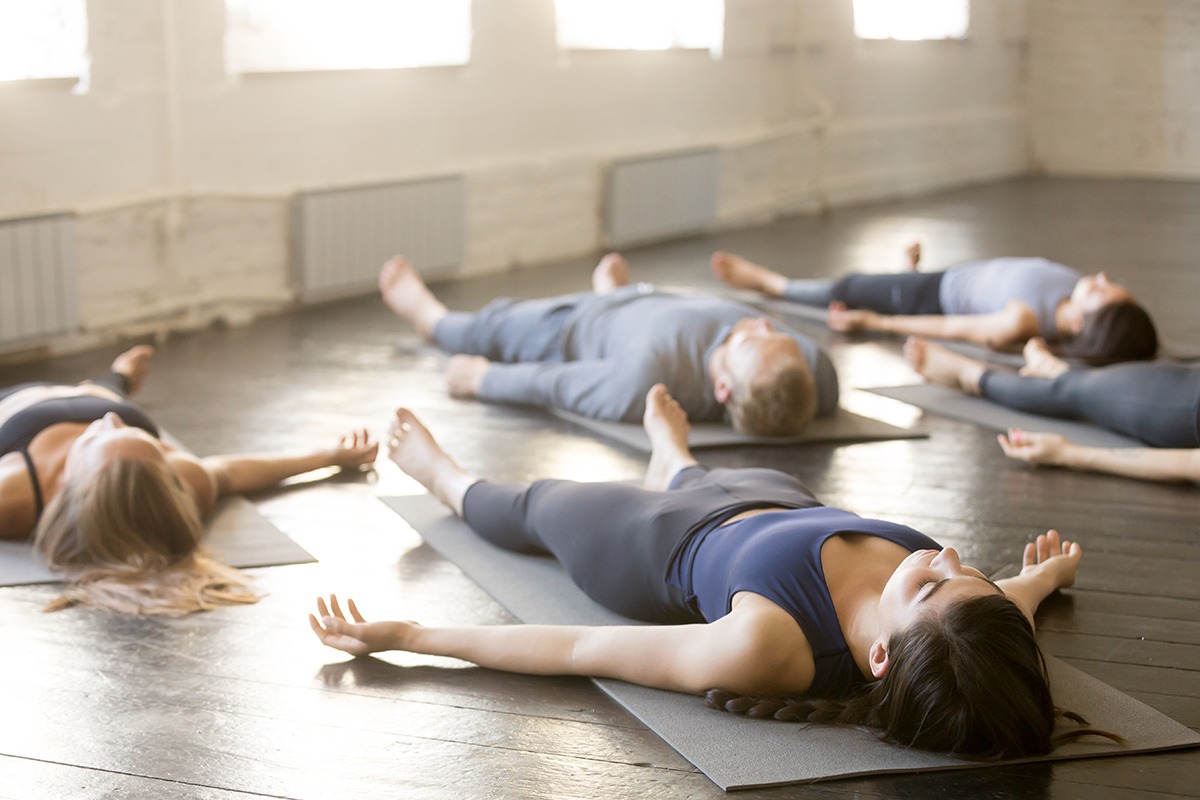The phrase relaxation training might sound odd, but it’s meant to get a point across. Often, we don’t take relaxation seriously. You might think of relaxation as something you do at the end of the day, perhaps after all else is done. Or it’s something to do on the weekends, but not on each day of the week. Relaxation training is meant to communicate that we need to train ourselves to relax. We need to learn a variety of relaxation techniques and use the ones that work for us regularly. Relaxation training encourages the brain and the body to have stress-free experiences – most of the time.
Here at Westwind Recovery®, we understand the value and usefulness of using this technique in helping individuals overcome substance abuse. It is one of the many ways we support individuals as they heal and recover.
Relaxation Training
Typically, when someone is facing addiction, their urge to use drugs or alcohol stems from stress. That stress may be caused by work-related concerns, financial issues, relationship problems, or a variety of other experiences. In recovery, although some of those concerns may or may not go away, what’s different is the way you respond to them.
For instance, in the past, you might have felt fed up with work and went home and drank a six-pack of beer. The next morning you feel hungover, fatigued, and lethargic. You’re not going to be able to make it through the day. If you end up going home, it might mean a loss of pay for the day. And if that happens regularly, you might find yourself with more and more financial pressure. In this case, the stressful incident at work and responding to it by drinking only brought more stress.
When a person learns to respond to the tension in their life in a relaxed state, they are more likely to make healthier choices. Furthermore, a study by the Benson-Henry Institute for Mind Body Medicine revealed that approximately 7 out of 10 doctor visits are associated with a stress-related disorder. For those in recovery from addiction, stress can interfere with staying sober and become a trigger for relapse.
Some Relaxation Techniques
If you’d like to learn to participate in relaxation training, first consider the following relaxation techniques:
- Deep breathing: Deep breathing can be an essential tool, particularly right in those intense moments of stress, and especially when facing a craving for drugs or alcohol. Taking long and slow breaths can have a relaxing and calming effect.
- Meditation: Meditation is a very calming practice that invites a person to focus on one point. That could be the breath, a word repeated in the mind, or a spot on the wall. The resting of attention in one place can help relax a busy mind. Although meditation might be difficult at first, the challenge at the beginning is worth the rewards.
- Yoga: You might call yoga meditation in motion. It is a practice that invites an integrated experience of body and mind. Its effects can be experienced immediately as well as overtime.
- Listening to soft music: When listening to music that is soft and slow, the brain and the body can immediately begin to slow down.
- Guided imagery: With the use of guided imagery CDs, a person can close their eyes and be guided to an imaginary beach, a rushing waterfall, a soft bed of grass, or anywhere else in nature that is relaxing and calming.
Westwind Recovery®
As mentioned above, practicing one or more of these techniques regularly can help with knowing relaxation throughout most of your day. Then, when a stressful moment arises, you’ll notice the tension you feel and relax before making a rash or unhealthy decision. Here at Westwind Recovery®, helping individuals get to the point where they can make healthy, informed decisions is paramount. That’s why we offer several programs of treatment like:
When an individual enters any of our programs, we support them through various therapies like relaxation training to heal and recover. So reach out to us today at 855.340.8832 to learn more.



